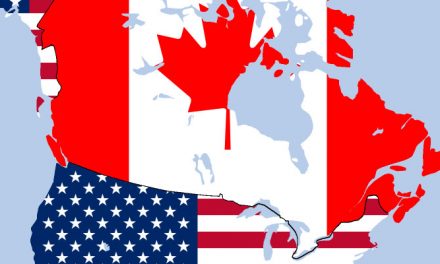The Trans-Pacific Partnership:
Working Families Need a New Trade Model
AFL-CIO New Resolution on TPP
The Trans-Pacific Partnership trade deal (TPP) currently being negotiated has the potential to set a new standard for trade policy in the 21st century—but what has been made public about the negotiations to date is grounds for deep concern that it will not fulfill its promise. American working families need a game change—a high-road strategy that focuses on creating high-wage jobs, encouraging collective bargaining, implementing a strategic manufacturing policy and reinvesting in our infrastructure and our people.
Promoting economic growth with equity in the United States and worldwide requires an approach that couples expansion and enforcement of labor rights globally with necessary reforms in trade and economic policy. These reforms must break from current policies to address income inequality through demand-led growth, as part of a Global New Deal that raises incomes and standards of living for all.
The U.S. trade model, which began with NAFTA and continued with the Korea and Colombia agreements, undermines those goals by encouraging employers to pit one group of workers against another—both within and between countries. Under this model, our trade deficit has increased dramatically—from $75 billion in 1993, the year before NAFTA went into effect ,to $540 billion today (in nominal terms). The NAFTA-based model promotes a race to the bottom in workers’ rights, wages, pensions and working conditions; resource conservation; food safety; and consumer protections. It actively undercuts the public policies that helped bring about the rise of the middle class in the first place. Changing the policies that have promoted the race to the bottom is as important as our work to promote freedom of association and collective bargaining for workers everywhere.





